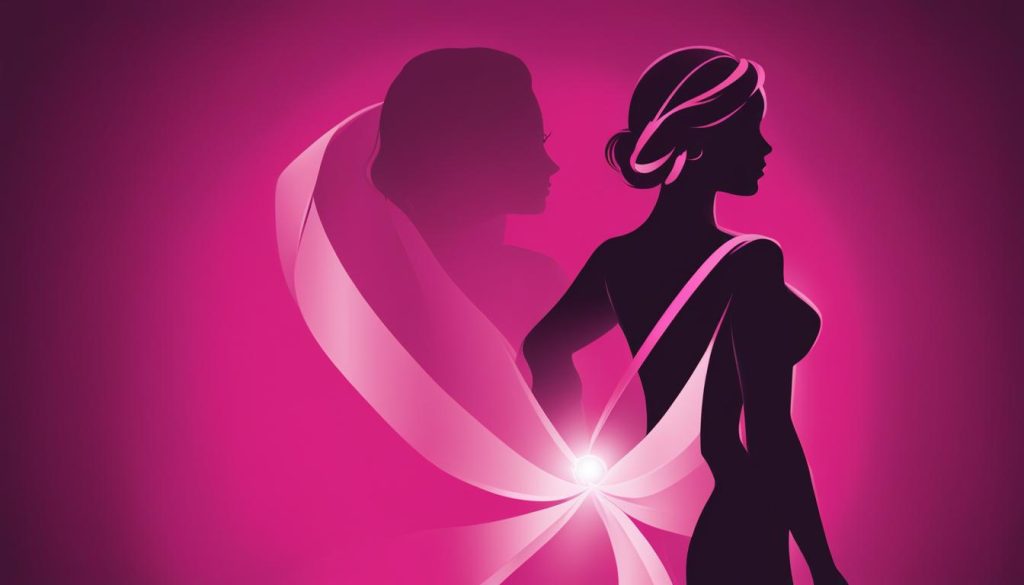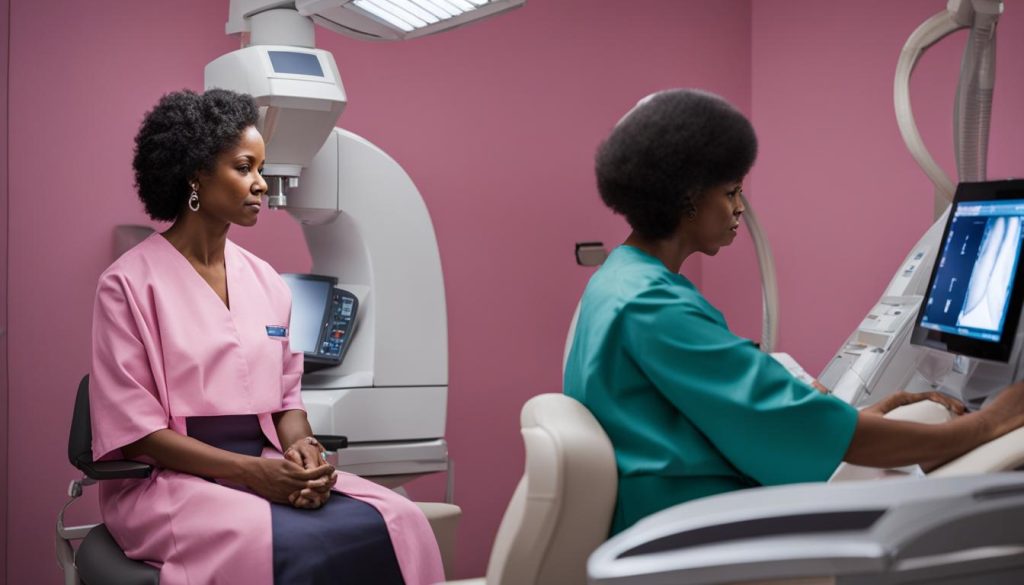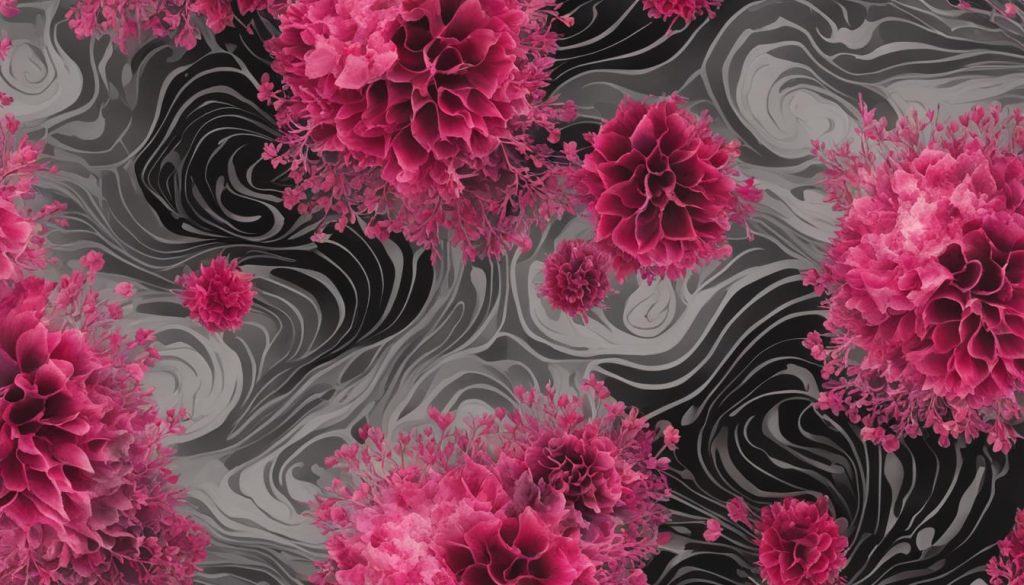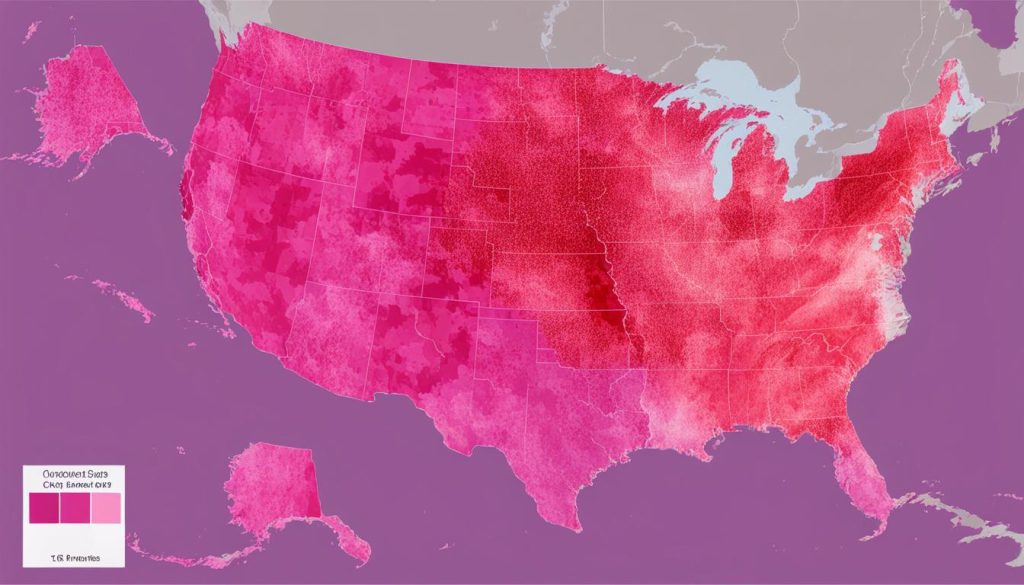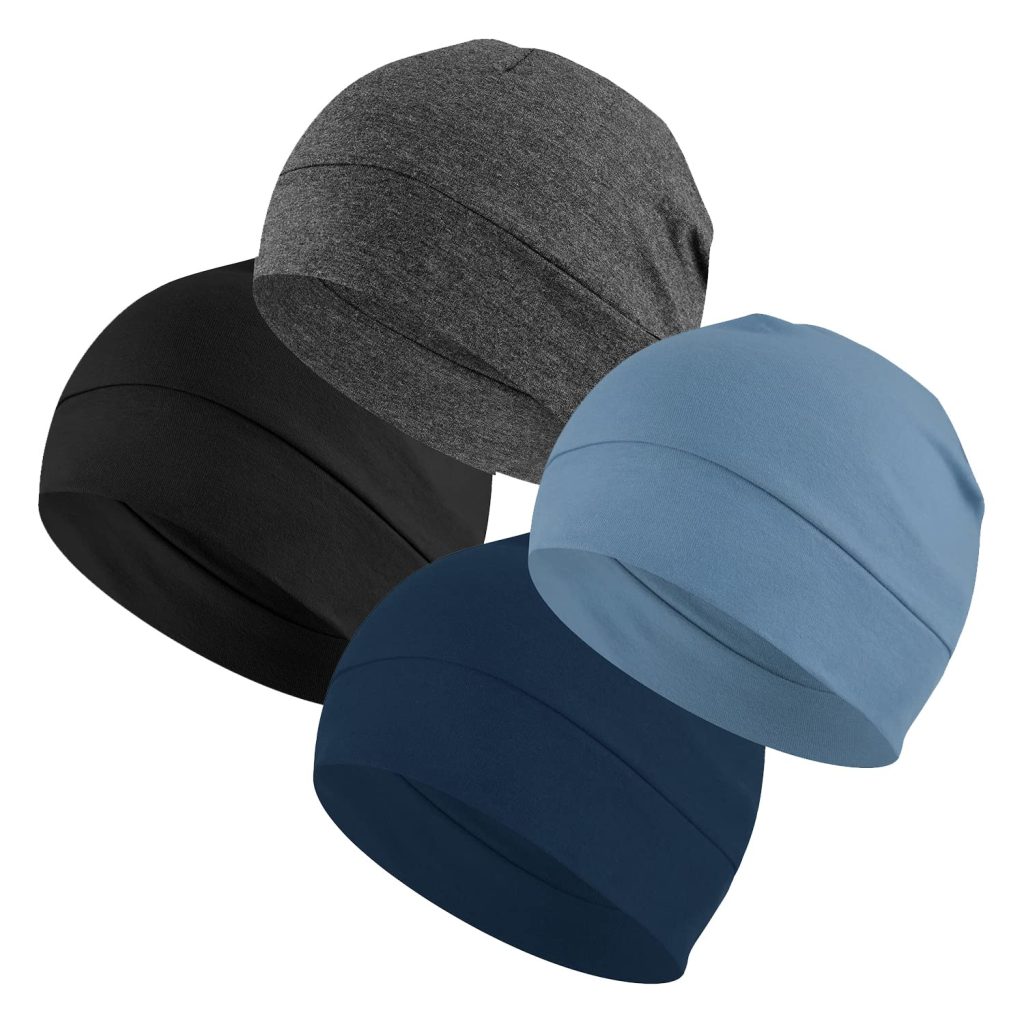Why is Left Breast Cancer More Common?
Left breast cancer has a higher prevalence compared to right breast cancer, but the reasons behind this disparity remain unclear. Several theories have been proposed to explain this phenomenon, including differences in breast size, handedness, breastfeeding patterns, and anatomical variations between the left and right breasts. In this article, we will explore these factors and […]
Why is Left Breast Cancer More Common? Read More »



